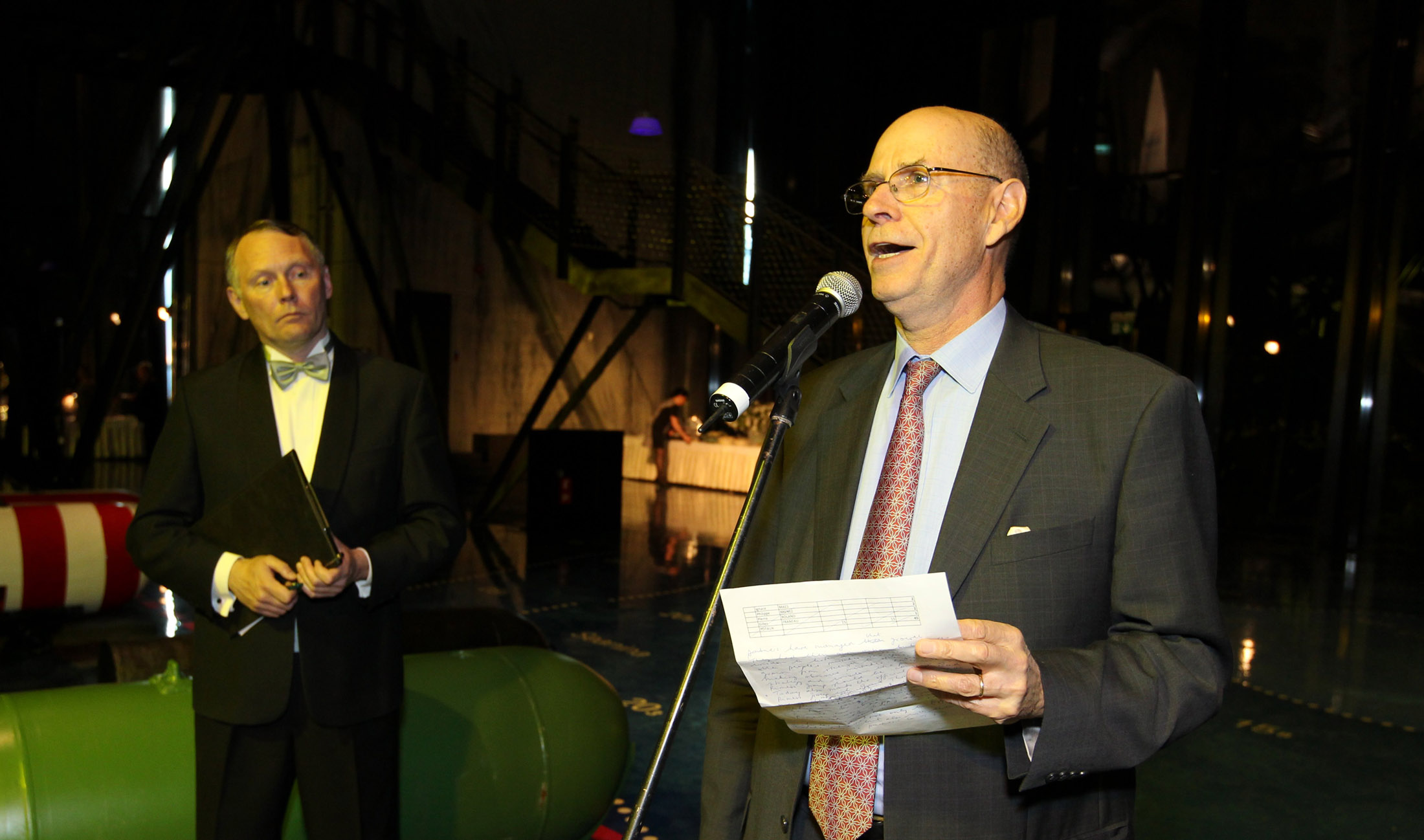Deloitte and BDO knock on the door
Moores Rowland International wasn’t the only one interested in Rimess in the 1990s. Deloitte, one of the audit firms known as the Big 4, was looking around as well in the middle of the decade, but nothing came of this. A second approach was made by Deloitte in 1999. This time, Rimess MRI partners Mati Nõmmiste and Eva Veinberg spent more time at the negotiation table to discuss Deloitte’s offer to buy Rimess. In a word, the offer wasn’t particularly good: it would have required the current owners to become paid employees who no longer had a say in the company’s development.
Jérôme Adam remembers feeling frustrated at the time. “Mati came to me and said they’d been contacted by a Big 4 company that wanted to buy Rimess,” he recalls. “I said it was very exciting that they were interested in a small company like Rimess, but it was worth thinking whether that was what he and Eva wanted: to essentially be erased from the picture. They’d done such a good job! Better let themselves grow some more and then they’d be a more equal partner to such a big company and have a bigger say. To be honest, it would’ve been a blow to MRI if Rimess had left: we’d found a good company in Estonia.”
On his return from the Rimess office, Adam started to jot down his thoughts to present to the Estonians the following day. “I advised them to tell the prospective buyer that although flattered by the offer they would not be accepting it at that time, but they would be happy to leave the door open for possible future cooperation,” he explains. “The next morning I went to the Rimess office, showed them my handwritten letter and said: “I think it’s too early for a merger like this. This letter sets out some arguments to justify turning them down.” Fortunately, Mati said he and Eva had thought it over and weren’t happy with the offer either.”
Former head of MRI Europe Jérôme Adam (right), who later became a consultant to Rimess and Grant Thornton Baltic, speaking at the anniversary celebrations of Grant Thornton Baltic at the Seaplane Harbour in 2012. On the left is MC Andres Dvinjaninov.
As such, on 6 December 1999, Deloitte received a letter signed by Nõmmiste and Veinberg stating that it would be inappropriate to pursue further negotiations. The grounds they gave for the decision were as follows: “We have enjoyed building up Rimess immensely from the very beginning. It is too early for us to give up the management of Rimess and hand over control. We are both too young to fade into the background or think about retirement, because we feel we still have a lot to achieve in developing our Estonian business.”
The opening line of the response from the head of Deloitte Central Europe left no doubt that Nõmmiste and Veinberg’s decision was not what had been expected: “I have read your letter of 6 December and must say that I am disappointed.” Although correspondence carried on for some time, Rimess remained unsold and MRI retained its valuable member in Estonia.
Veiko Hintsov, a long-term partner at Deloitte Estonia, recalls that Rimess stood out among accounting and audit firms as early as the 1990s, primarily because of its active leaders. “Companies are made up of people, after all, and Rimess brought together a good mix of people with energy, vision and the drive to both build up their business and develop the field of auditing,” he says. “Rimess, now Grant Thornton Baltic, can be characterised in just a few words as a firm that has always been dogged, ambitious, determined and balanced.”
Deloitte was the last of the current Big 4 firms to enter the Estonian market in the nineties. Hintsov explains: “In order to gain momentum more quickly here, Deloitte looked around for a partner among local companies, and in the late 1990s they approached Rimess to negotiate a merger. However, Mati and Eva decided that doing their own thing was more fun. It was an ambitious and brave decision to make, perhaps naive in some ways, because they would have become partners in Deloitte sooner or later. But where Rimess is now shows that it was the right decision for them to have made.”
It has to be said that Rimess MRI had a lot of suitors in 1999. In addition to Deloitte, BDO also tried its luck, inviting Rimess to join its international family, but after a few meetings the company decided to continue with MRI. One of the arguments in its favour was that a lot of work had been done in MRI over the years to establish connections and it would have been a shame to give them up. Therefore, Rimess remained a member of MRI. In 2004, Mati Nõmmiste became a member of the management board of MRI Europe at the suggestion of Jérôme Adam, because Western Europeans could do with someone who understood how things – most importantly the economy – worked in Eastern Europe.
Midway through the first decade of the new century, in 2005, Rimess MRI expanded its international reach by becoming a correspondent member of Mazars, the international association of independent audit, accounting and advisory firms. The wind changed in 2007. The Praxity alliance was formed on the initiative of MRI members and Mazars, which has offices in around 50 countries. A new global association of independent audit and accounting firms emerged, which has around a hundred members in more than 65 countries, including Rimess. Membership of the association also gave Rimess the right to use the Praxity trademark.


